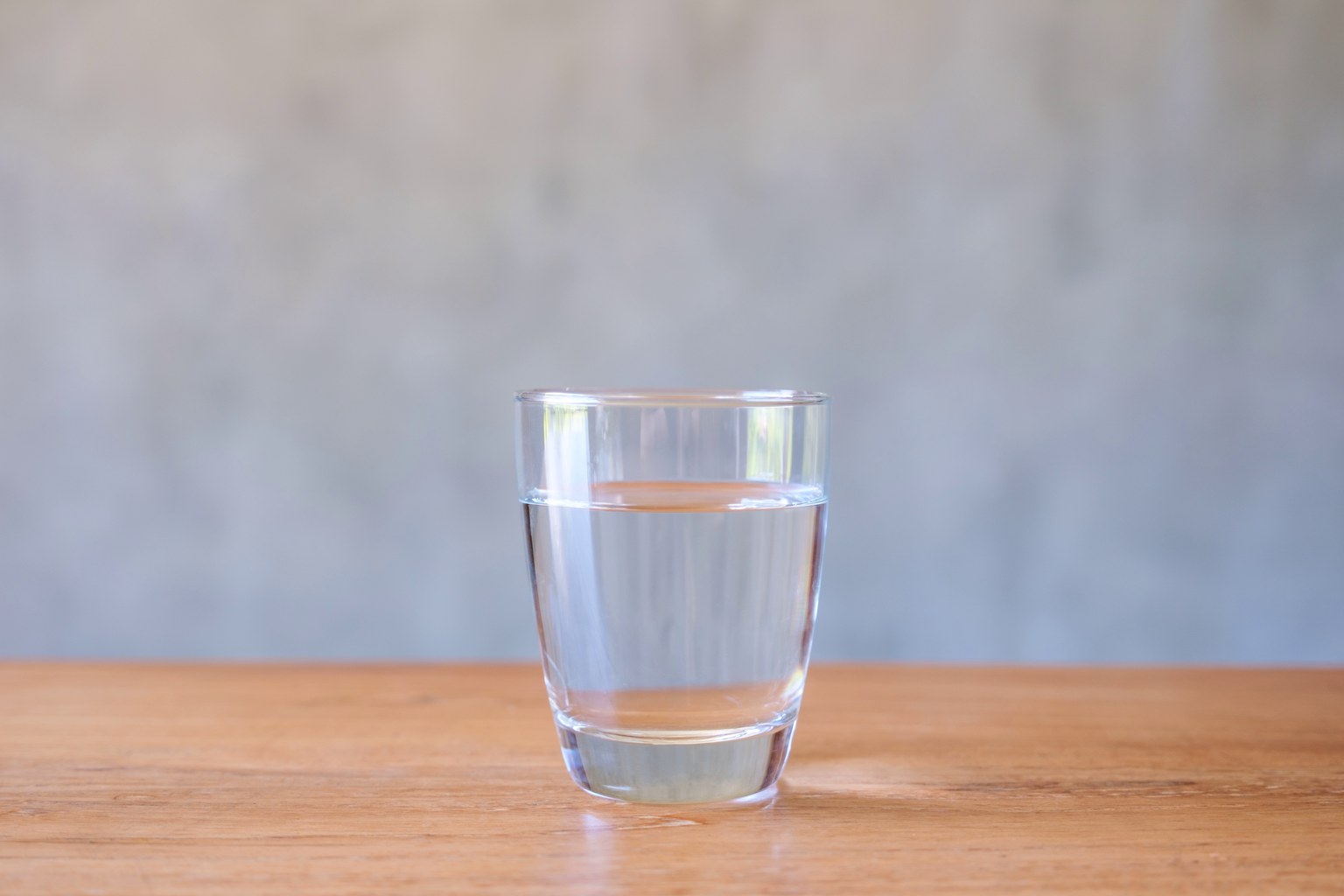Should you add salt to your water for better hydration? It sounds like a simple trick: just toss a pinch of salt into your glass of water and suddenly you’re optimizing your hydration. But does this really work, or is it just another health myth spreading online?
With growing interest in health, beauty, and wellness, many of us obsess over staying hydrated. After all, drinking water is one of the most common pieces of advice doctors and wellness experts give. But could adding salt to your water help your body hydrate better? Let’s dive into what nutritionists say about this trend and, along the way, I’ll share some useful tips I learned myself.
The role of sodium and minerals in hydration
Our bodies don’t just lose water when we sweat; we also lose essential minerals, especially sodium. Sophie Janvier, a dietitian and author, explains that during intense exercise, hot weather, or fever, losing sodium along with water makes a difference. “In these cases, a slightly salted drink or a rehydration solution can help replace what’s lost and boost hydration,” Janvier says.
Capucine Bertrand, a nutritionist who works with athletes, agrees. “When you sweat a lot, your body loses significant sodium. It’s really important to replenish it.” This connection between sodium loss and hydration is why sports drinks contain electrolytes, including salt.
Should you add salt to your water every day?
Here’s the key takeaway: for most people, adding salt to daily water isn’t necessary. Janvier is clear—“If you’re healthy, adding salt to your water daily has no positive benefit and might even be harmful.” Bertrand echoes this caution, pointing out that many processed foods already contain high levels of salt. “If a person consumes a typical salty diet and doesn’t control their salt intake, adding salt in their water can worsen health risks.”
Why the worry? Excess sodium intake can lead to hypertension and cardiovascular diseases, issues no one wants to invite in the name of hydration. Interestingly, popular social videos pushing Himalayan pink salt as a daily water additive for pH balance or fluid retention lack scientific backing. “The salt—whether white or pink—is still sodium chloride,” Janvier explains. “It doesn’t reduce water retention; in fact, it can cause it if consumed too much.” Plus, “The body naturally regulates pH quite well, so you don’t need to worry about that.”
Better ways to replenish electrolytes
If you’re looking for alternatives, some mineral waters with high sodium content—brands like St-Yorre or Rozana—might help after heavy sweating. Bertrand advises opening these bottles to let the gas escape for an easier drink.
You may have noticed shelves filled with electrolyte tablets and powders labeled as “rehydration aids.” While these can be helpful for endurance athletes, people working long hours in hot conditions, or those recovering from illness involving vomiting or diarrhea, they’re not necessary for most people. Janvier warns that marketing often oversells these products to the general public.
Bertrand recommends always checking the ingredient list. “Some products are loaded with sugar or artificial sweeteners. Consuming these regularly is not ideal.”
How to stay truly hydrated every day
Here’s what’s helped me personally: forget the salt gimmicks and focus on steady, simple hydration habits. Experts agree the best approach is to drink regularly throughout the day—not just when thirsty. Aim for about 50 to 68 ounces of water daily, adjusting for your age, weight, activity level, and weather.
Don’t underestimate the hydrating power of your diet, either. Foods like fruits, vegetables, soups, and yogurt contribute essential water and minerals. It turns out, a balanced diet plus consistent water drinking does more for your hydration than a pinch of salt ever will.
So, are you tempted to sprinkle salt into your water tomorrow morning? Or will you stick to the classic glass of refreshing plain water? Share your thoughts and experiences with hydration below—I’d love to hear what works best for you!
